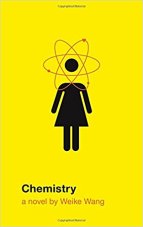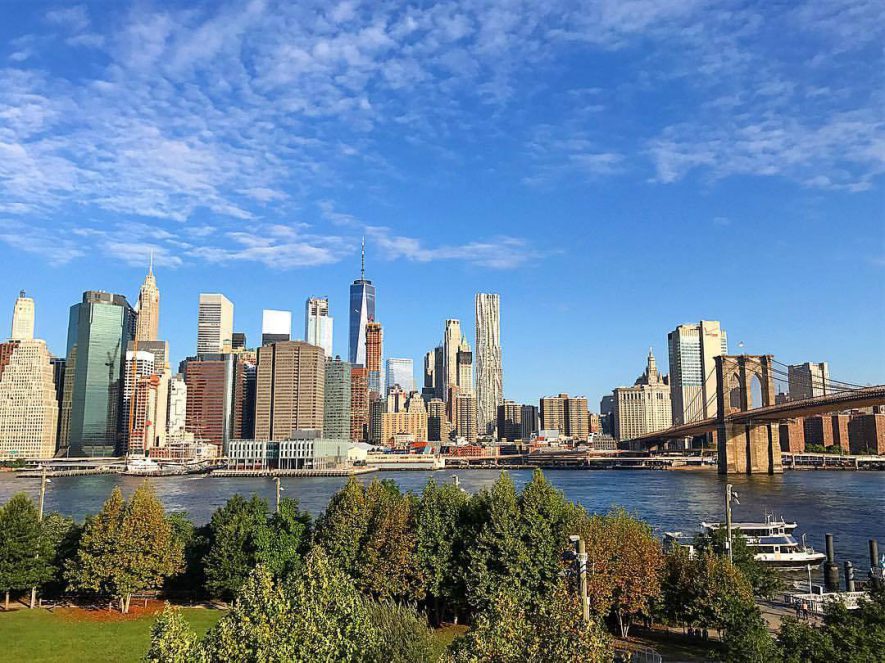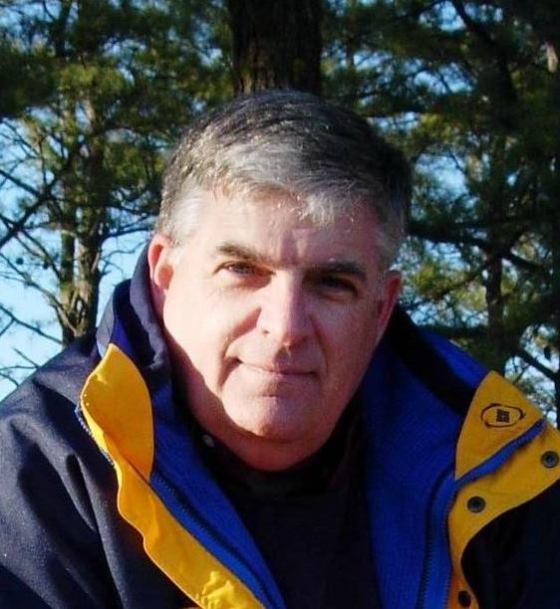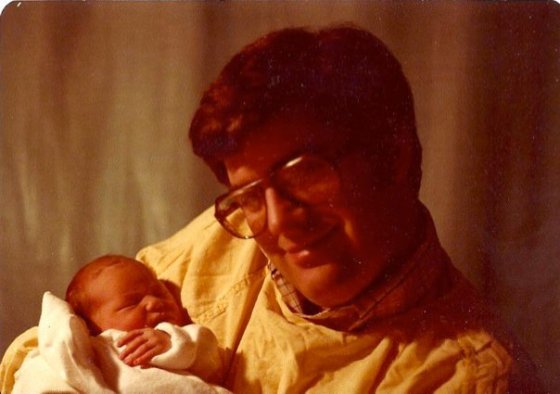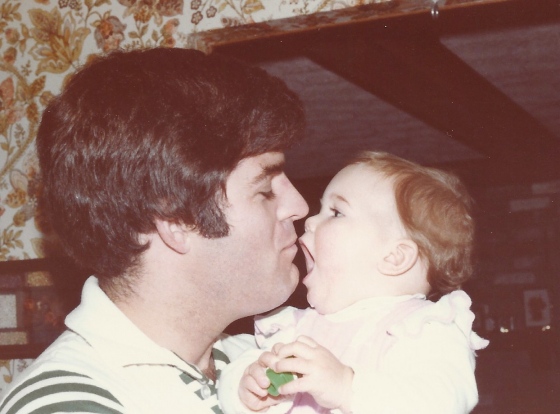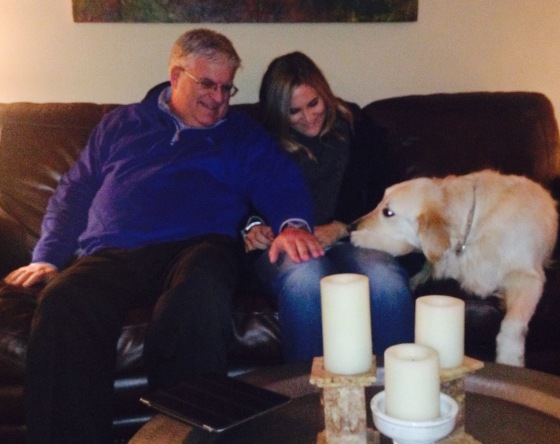MY FAVORITE 15 BOOKS PUBLISHED IN 2015
I waited until the very last day of the year to put this list together. Mostly because I wanted to read until the very last day, but also because I wasn’t sure I would be able to choose a limited number of favorites from all of the many, many books that moved me in 2015.
I read an article earlier this year about people who were unable to read while grieving, and just the idea of this was nearly another loss. Words, language, stories, ideas were saviors to me in this most difficult year. I don’t let myself consider how much more difficult it would have been without them.
I wanted to acknowledge a few of the books that had the most profound impact on me this year, beginning with the two that resonated the most. (The other 13 are listed in alphabetical order within genre.) This list only includes books published in 2015, because I could not otherwise narrow down to any reasonable number all of my favorites of the past twelve months. Thank you to everyone who recommended these books to me this year. I have cherished them all.

FAVORITE MEMOIR:
The Light Of The World—Elizabeth Alexander
“The story seems to begin with catastrophe but in fact began earlier and is not a tragedy but rather a love story. Perhaps tragedies are only tragedies in the presence of love, which confers meaning to loss. Loss is not felt in the absence of love.”
From its above opening to the very last line, I was spellbound by this memoir from poet Elizabeth Alexander (also chosen by Michelle Obama as her favorite book this year). Alexander’s husband, artist Ficre Ghebreyesus, is dead from the beginning, but is so alive in these pages, its as though we can hear his heart beating even though it was the stopping of that heart that inspired this book. After a year of reading extensively about loss, this memoir is the one I want to tuck under my arm and bring with me everywhere.
“A brave and beautiful book about love and loss—the deep pain that comes with such a loss, and the redemptive realization that such pain is a small price to pay for such a love.” –Jeannette Walls
FAVORITE NOVEL:
A Little Life—Hanya Yanagihara
Oh, this heartbreaking book. As soon as I finished reading it (and wiping my tear-stained face), I wanted to develop amnesia so I could immediately begin re-reading it, and experience it again for the first time. I relished every one of its 720 pages, and mourned them when they were over. An epic story of friendship and despair, of the tragedies and miracles of humanity, I add this magnificent book to the list of books that will stay with me forever.
“Yanagihara’s novel can also drive you mad, consume you, and take over your life. Like the axiom of equality, A Little Life feels elemental, irreducible—and, dark and disturbing though it is, there is beauty in it.” –The New Yorker
NONFICTION:
Between The World And Me—Ta Nehisi Coates
A letter to Coates’s teenage son, this examination of race, history and humanity is as powerful as it is illuminating.
“The language of Between the World and Me, like Coates’s journey, is visceral, eloquent, and beautifully redemptive. And its examination of the hazards and hopes of black male life is as profound as it is revelatory. This is required reading.” –Toni Morrison
The Folded Clock: A Diary—Heidi Julavits
“As a writer, I have mistaken how to use words. I write too much. I write like some people talk to fill silence. When I write, I am trying through the movement of my fingers to reach my head. I’m trying to build a word ladder up to my brain.”
Offering insight into a writer’s brain, Julavits’s diary becomes a craft book for anyone who ponders how to translate thoughts to words, and experiences to stories.
H Is For Hawk—Helen Macdonald
“Looking for goshawks is like looking for grace: it comes, but not often, and you don’t get to say when or how.”
Written after the sudden death of her father (and read by me just a month after the sudden death of my father), Macdonald copes with the loss by raising and training a goshawk. I knew nothing of falconry, and very little of this type of grief, before reading this raw, beautiful portrayal of both, and wished to stand alongside Macdonald, calling her goshawk home.
“One part memoir, one part gorgeous evocation of the natural world, and one part literary meditation.” –The Economist
Ongoingness: The End of a Diary—Sarah Manguso
“And then I think I don’t need to write anything down ever again. Nothing’s gone, not really. Everything that’s ever happened has left its little wound.
*
The best thing about time passing is the privilege of running out of it, of watching the wave of mortality break over me and everyone I know. No more time, no more potential. The privilege of ruling things out. Finishing. Knowing I’m finished. And knowing time will go on without me.
Look at me, dancing my little dance for a few moments against the background of eternity.”
After twenty-five years of diary-keeping, Manguso recounts an almost compulsive desire to capture time within the 800,000 words she has recorded, which turns upside down with the conception of her child. I highlighted lines on nearly every page of this slim book of fragmented narrative, which left its mark on me long after the short time it took to read it.
After This—Claire Bidwell Smith
An exploration of the afterlife, Bidwell Smith meets with rabbis, shamans, mediums and psychics in order to better answer the question: when life is over, where do we go. She uses gorgeous prose to share her own experiences with loss, and to open our eyes to the many possibilities of what might await us when we die.
“With wisdom and grace, Claire Bidwell Smith navigates the mysteries of grief to show us that there is great meaning and even magic to be found in the unknown.” –Maria Shriver
M Train—Patti Smith
“We want things we cannot have. We seek to reclaim a certain moment, sound, sensation. I want to hear my mother’s voice. I want to see my children as children. Hands small, feet swift. Everything changes. Boy grown, father dead, daughter taller than me, weeping from a bad dream. Please stay forever, I say to the things I know. Don’t go. Don’t grow.”
This was my introduction to Patti Smith, this meditation on the world through her artist’s eye, and now I want to read every word she has written, see every photograph she has shot, hear every word she has sung.
Ordinary Light—Tracy K. Smith
Another memoir written by poet, this lyrical memoir leads us through Smith’s childhood in California in the 70s and 80s, with her mother’s life and death weaved eloquently throughout every experience.
“A lyrical, evocative, and poignant memoir: a poem in stunning prose, a book in which Smith holds the child she was in her adult hands, examining the things that bridge the two—memory, parents, siblings, time, and, of course, her extraordinary eye. The result is something quite beautiful.” -Abraham Verghese
FICTION:
In The Country—Mia Alvar
I first heard Alvar read from this beautiful short story collection a few months before its debut, and I not-so-patiently waited for it to finally arrive in my mailbox, devouring it in two days. Each story was so real, so vivid, that I had to remind myself that this was a collection of fiction.
“Alvar’s diamond prose sparkles brightly and cuts deeply. Each marvelous story shows us a facet of the Philippines at a distance—through the eyes of expats in Bahrain and Saudi, immigrants abroad and returning, and casual visitors—but what they illuminate most clearly is the distance between home and heart, and how our ties to the past can be simultaneously tenuous and tenacious.” -Celeste Ng
The Manual For Cleaning Women—Lucia Berlin
A posthumous collection of the best of Lucia Berlin’s stories, a writer I was not familiar with before this book and now can’t forget, it’s her voice that is remarkably unique, and drives these stories.
“[The stories] are set in places Berlin knows best: Chile, Mexico, the Southwest and California, and they have the casual, straightforward, immediately intimate style that distinguishes her work…[They] are told in an easy conversational voice and they go from start to finish with a swift and often lyrical economy…Berlin’s stories capture and communicate these moments of grave and cast a lovely, lazy light that lasts. She is one of our finest writers and it is a pleasure to see her represented at the height of her powers.” –San Francisco Chronicle
The Clasp—Sloane Crosley
I savored the writing so much in this book that I read the first fifty pages slowly, most sentences more than once, captivated by Crosley’s wry and deliberate language. Then I got swept up in the characters and the plot and forgot about everything else entirely until the end of the novel, where I reminded myself to slow down, and to chew on Crosley’s words again, attempting to make them last as long as they possibly could.
“I took so much pleasure in every sentence of The Clasp, fell so completely under the spell of its narrative tone—equal parts bite and tenderness, a dash of rue—and became so caught up in the charmingly dented protagonists and their off-kilter caper that the book’s emotional power, building steadily and quietly, caught me off guard, and left me with a lump in my throat.” -Michael Chabon
The Turner House—Angela Flournoy
My last read book of 2015, Flournoy’s debut novel stands out mostly because of its both familiar and unique characters, and their complex and complicated relationships with each other. Detroit becomes a fascinating and tragic additional character in this story, and the family’s relationship with the city and with their home is central to their motivations and actions.
“This book is so beautifully written, so perfectly observed and heard—it’s about aging and parenthood and above all that misunderstood lifelong union, siblinghood—but it’s also pure pleasure to read: funny, heartbreaking, with the sort of characters you’ll miss like family when you finish.” –Elizabeth McCracken
Fates And Furies—Lauren Groff
What can I write that hasn’t already been written about Fates and Furies? Everyone from my mom to President Obama loved this book. Masterful, unique, and so wonderfully written, it lives up to every rave review and award.
“Fates and Furies is a dazzling novel, its people and its prose wondrously alive from page one. At once intimate and sweeping, this is the story of a marriage as parallel myths—flaring with passion and betrayal, with redemption and retribution, with the sort of heartbreaking, head-slapping secrets that make you want to see out someone else who’s read it.” -Jess Walter
The Book Of Aron—Jim Shepard
“My mother and father named me Aron, but my father said they should have named me What Have You Done, and my uncle told everyone they should have called me What Were You Thinking. I broke medicine bottles by crashing them together and let the neighbors’ animals loose from pens. My mother said my father shouldn’t beat such a small boy, but my father said that one misfortune was never enough for me, and my uncle told her that my kind of craziness was like stealing from the rest of the family.”
Shepard’s novel, about a young boy in the Warsaw ghetto in the early 1940s, hooked me from the first sentence, and held onto me long after I finished reading this masterpiece. This book moved to the top of all Holocaust reading for me, and being able to hear Shepard, a master writer and reader, read selections from it on multiple occasions in 2015 seared it into my heart and memory forever.

